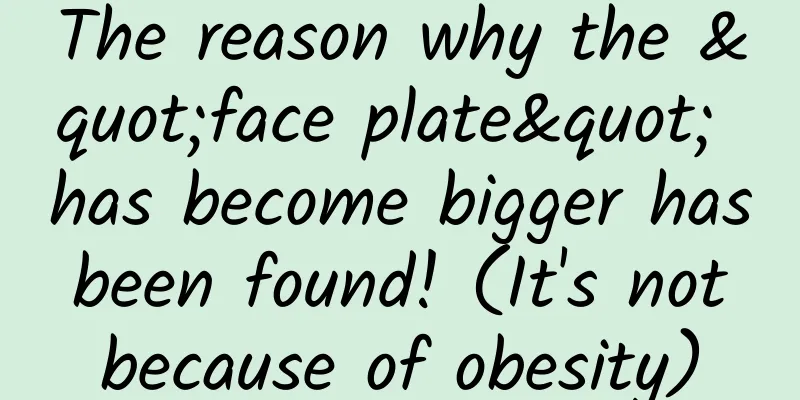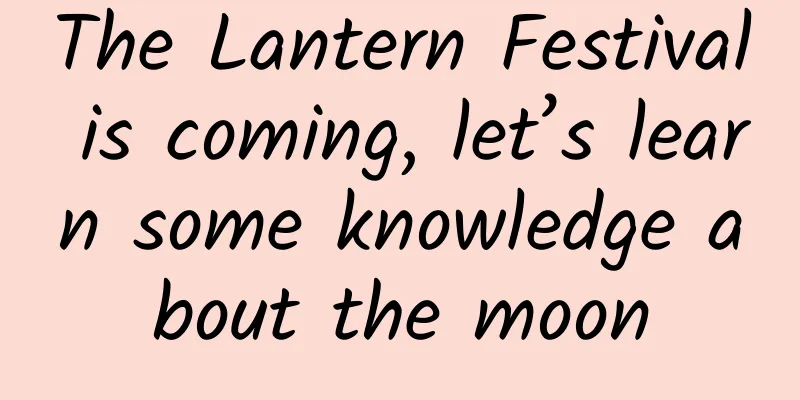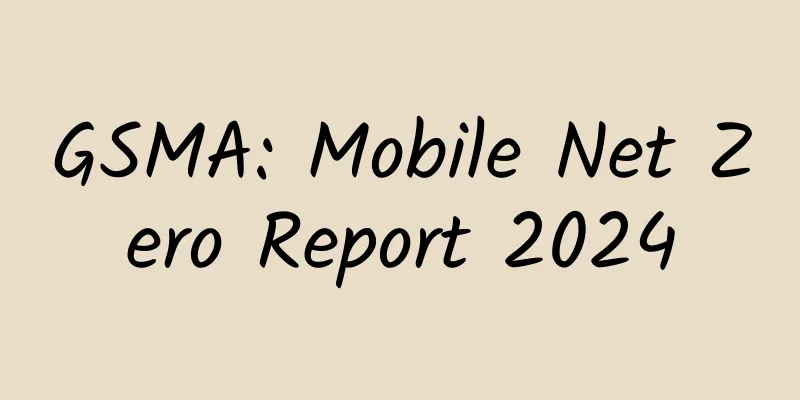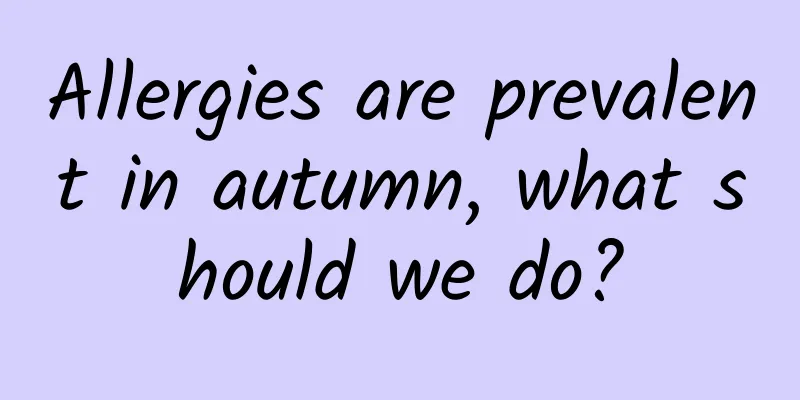The reason why the "face plate" has become bigger has been found! (It's not because of obesity)

|
In daily life, have you ever felt snapping or discomfort in your temporomandibular joint when opening or closing your mouth? Or have you ever felt something unusual or even painful when biting? These symptoms may be related to the inadvertent "clenching of teeth" in daily life. Being in this state for a long time will not only cause tension in the masseter muscles, but may also cause a series of health problems. Why does clenching teeth occur? When people are relaxed, their mouth is in a resting position, also called the " resting jaw position ". ** The normal resting jaw position is: gently close your mouth, the tongue will fill the mouth, open the upper and lower teeth, 2-3mm apart, so that the teeth do not bite together; when the tongue is relaxed, the tongue lightly touches the palate, the tip of the tongue is placed in the middle of the upper teeth, the facial muscles are relaxed, and you breathe through your nose. The correct resting jaw position can maintain the coordination and beauty of the face, prevent excessive wear of the teeth, and protect the temporomandibular joint. "Hold on a little longer, and it will pass if you clench your teeth" is a phrase we often hear. In fact, the "clenching of teeth" here is mostly caused by people being under great pressure, which is a harmful and non-physiological tooth contact . When we are not eating and are quiet, the upper and lower teeth are often in contact, or even clenched, which will cause excessive contraction of the masticatory muscles and excessive compression of the joints. It is a non-physiological movement of the oral and maxillofacial system that is more harmful . According to statistics, 5.5%-16.5% of adults clench or grind their teeth when sleeping, and 16%-32% of adults may suffer from clenching/bruxism when awake, so clenching teeth is quite common. In reality, people usually find it difficult to realize that they are clenching their teeth. By the time they realize it, the problem has already affected the masticatory muscles and temporomandibular joints, causing tooth loss. Usually, we can make a preliminary judgment on ourselves through the following questions: ① In your normal state, do your upper and lower teeth bite together? ②Do the following situations usually occur: Pain in cheeks; enlarged masseter muscles; difficulty opening the mouth or a stuck mouth; snapping of joints when opening the mouth. If you experience any of the above, it indicates that you may be clenching your teeth. The dangers of long-term clenching of teeth First, it is easy to cause damage to teeth and periodontal tissues , which harms oral health. Frequent clenching of teeth will cause excessive wear on the tooth surface and easily expose the dentin. In this case, the teeth are more sensitive to irritating foods such as cold, heat, and acid; at the same time, clenching teeth for a long time will also affect the periodontal tissues, leading to bleeding gums, gum recession, and even loose and falling teeth . Secondly, clenching your teeth may affect your facial contours . Frequent clenching of your teeth will overuse your masticatory muscles, which will easily cause fatigue and soreness in the masseter and temporalis muscles, resulting in cheek pain and temple pain. Muscles will become enlarged under long-term tension , affecting your facial contours, so your face will become more and more square and large visually. Thirdly, continuous clenching of the teeth can cause pain and dysfunction of the temporomandibular joint, causing the mouth to be unable to open wide and become stuck, joint dislocation and snapping when opening the mouth , etc. In addition to the above hazards, it may also affect the quality of sleep and cause tension and discomfort in the head and neck muscles . Solution If you find yourself clenching your teeth, don't be nervous. You can try the following three auxiliary exercises: ①Tongue position exercises: Try to lick your nose upwards with your tongue, keep this action for 10 seconds, and then retract it along the front teeth. This action can help us slowly find the feeling of the tongue sticking to the upper jaw. ② Multiple N sounds: Close your lips, press the tip of your tongue against the palate, and pronounce the sound of "n". At this time, the upper and lower teeth will naturally separate, helping us to better find the jaw position for rest. ③Blowing between lips: Slightly separate the upper and lower teeth, relax the lips, and rest the tongue. Do not press hard on the palate. You can blow air between the lips to help the lower jaw reach a relaxed position. In addition, you can also put sticky notes in places where you often stay , and every time you see them, remind yourself to relax your jaw. If you have severe clenching, or have deep bite or temporomandibular joint disorder , it is urgent to go to the hospital for a check-up. A professional doctor will give you treatment suggestions based on your personal situation. It is worth noting that there is currently no cure for clenching. If the main cause is mental and emotional problems, resolving the source of stress is obviously the top priority . Author: Zhang Zhen Guiding expert: Ji Tong Source: Zhongshan Hospital Affiliated to Fudan University |
>>: The magic of clay! A new breakthrough in the method of stopping bleeding
Recommend
Taking P2P as an example: How to build a points system from 0 to 1?
Why do we need to build a points system ? What is...
After so much group sharing, your community is still half-dead?
Community entrance: high-quality content Think ba...
Sometimes male, sometimes female? It turns out these fish can change sex!
Did you know that changing sex is quite common in...
How can a fruit shop create a WeChat mini program? How much does the fruit shop WeChat mini program cost?
How can a fruit shop create a WeChat mini program...
Can hot water disinfect and sterilize bowls? Don't underestimate bacteria, try these methods to kill them →
Author: Xu Dong, Associate Professor, School of F...
Basic knowledge of POS machines, understand POS machine knowledge
The POS machine used always jumps code, which caus...
Insects are out in the summer, please be careful!
In the morning, walk through the foggy Chaotianme...
How does Baidu bidding use fragmented time to quickly improve its capabilities?
We often find books we just read or valuable info...
Seven Swords Zongming's Dragon Head Battle Method Part 3 Video + PDF
The third video + PDF resource introduction of th...
Are Douyin stores and window displays the same? What are the connections and differences?
This article mainly introduces whether Douyin Stor...
Practical information | A comprehensive review of Toutiao products and strategy optimization
In recent years, Toutiao has developed rapidly, a...
Spring Festival travel rush in progress | What can the security staff see when you go through security check? What should you do if there is radiation?
Audit expert: Meng Meng Associate Researcher, Ins...
iSO development skills—Notification and multithreading
A few days ago, I discussed with my colleagues th...
Say goodbye to iOS and common off-screen rendering!
The optimization of mobile applications mainly de...









